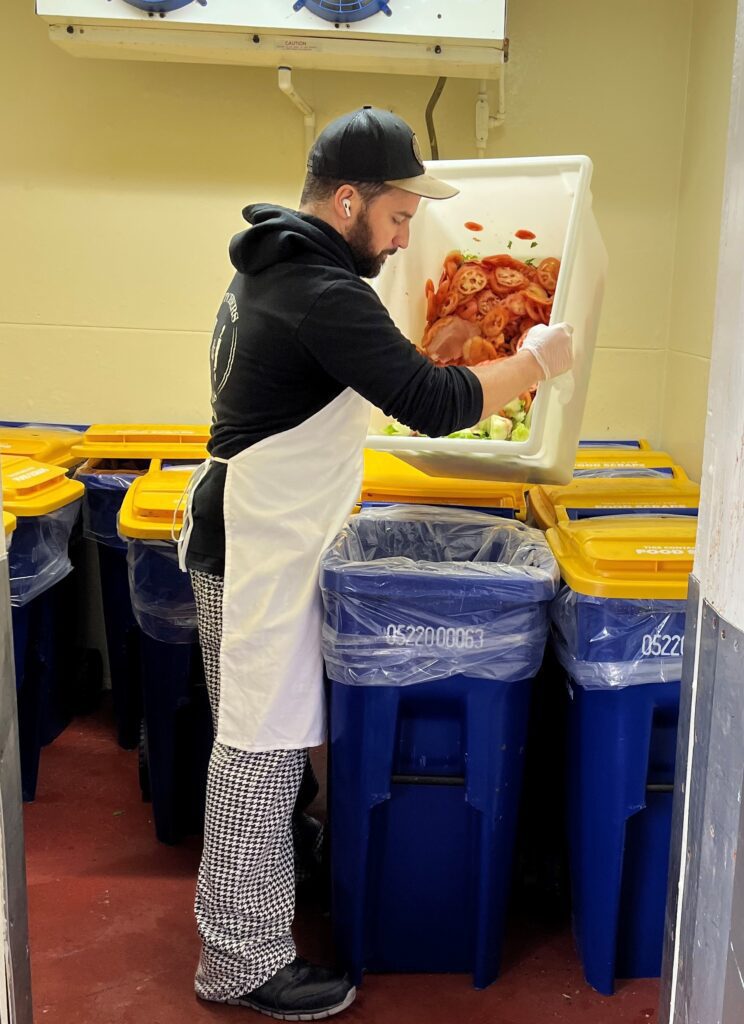Decarb your business
Maximize The Bottom Line
The race to decarbonize your business is on, and to stay relevant in today’s marketplace businesses are turning to experts in energy & waste for mentorship in this new era.
Stay competitive with expert mentorship in energy & waste management.
Unlock decarbonization support for your business
Decarbonization: Clean energy services
Clean energy services for utilities, government, foundations, business & industry.
We serve thousands of customers annually across various industries, including residential, small business, commercial, agricultural, institutional, and governmental sectors.
Our commitment extends to providing customers in each sector with the necessary tools and support to propel their projects forward.
Energy Assessments
We forge close partnerships with numerous energy companies, facilitating coordinated design and installation services, comprehensive training, valuable referrals, job specifying, and meticulous quality assurance.
Tailored Action Plans
Our collaborative effort ensures that our clients receive holistic and hands-on assistance for their energy-related initiatives.
Expert Guidance On
Accessing utility, state, and federal grants and incentives.
Decarbonization: Waste Reduction Services
CET boasts extensive expertise in commercial waste reduction.
For over two decades, we have held a regional leadership position in waste reduction and diversion. Pioneering some of the country’s first food waste composting programs, we have garnered recognition for our award-winning waste reduction efforts.
We advise on state and local policies and programs nationwide.
Wasted Food
Our team of waste reduction consultants are ready to assist at every level. Whether through hands-on training, email and telephone technical assistance.
Construction & Demolition Waste
We offer training, policy guidance, and resources to recover and recycle waste generated from construction and demolition.

Zero Waste Planning
We provide tailored support for comprehensive waste reduction, recycling program design and implementation.
Management of Recycling Streams
We offer valuable industry and government resources including case studies in both video and print formats, best management practice documents, how-to guides, and expert advice on policy and program design.